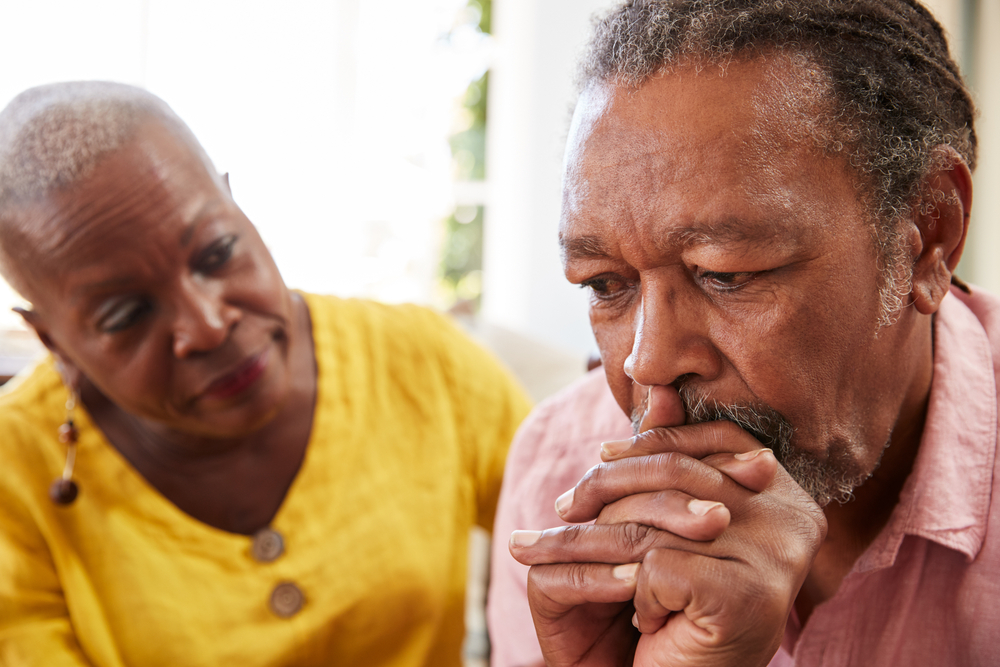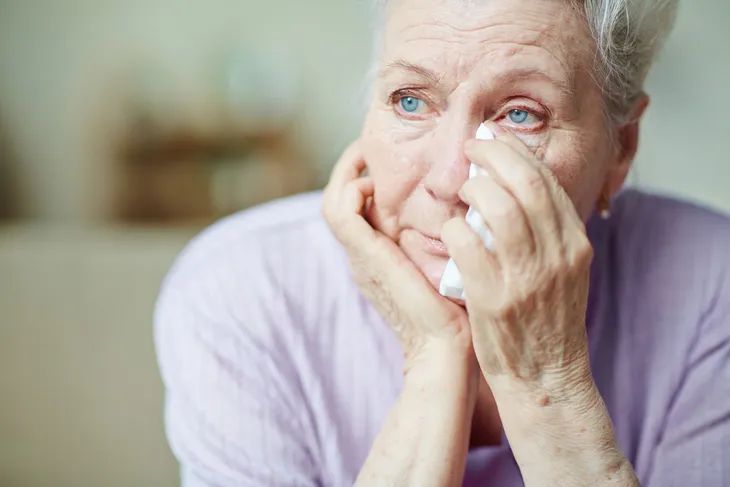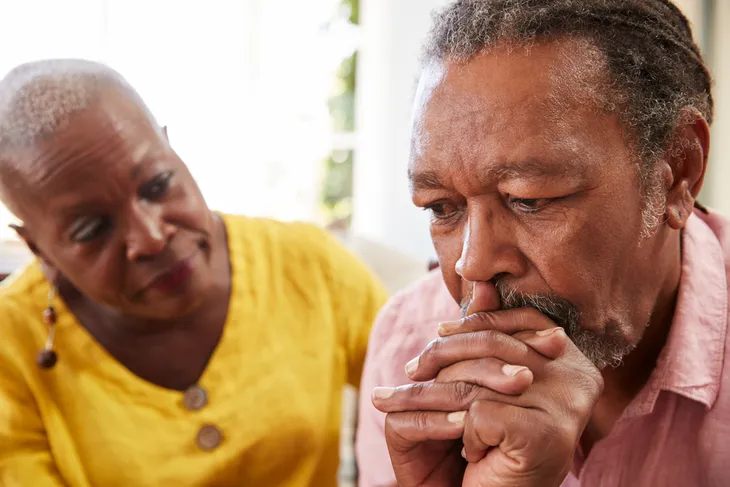According to the World Health Organization (WHO), more women are affected by depression than men. This pattern is seen in countries around the world, including the United States.
Cross-national and cross-cultural studies have indicated that the prevalence of depression among women is higher at any given time than among men. This pattern does not seem to have many exceptions.
Why is that? Biological differences between men and women, like hormones, explain part of it. These are examples of sex differences. But social factors between men and women (gender differences) may play a bigger role. For instance, women, in general, experience more stress than men, and research has shown that social stress is a main cause of depression.
But, new research that I’ve conducted with my colleague Maryam Moghani Lankarani suggests that men might be more vulnerable to depression caused by stressful events.
Why are more women depressed than men?
Researchers have defined stress as any major changes to the status quo (existing balance) that may potentially cause mental or emotional strain or tension. These stressful life events can include marriage, divorce, separation, marital reconciliation, personal injury or illness, dismissal from work or retirement.
Men are more likely to have depressive episodes following work difficulties, divorce and separation. Women, on the other hand, are more sensitive to conflict, serious illness or death happening in their close social network. In fact, research suggests that most of the stressful events that cause depression among women are related to their close social network, such as romantic and marital relationships, child-rearing and parenting.
Research suggests that compared to men, women tend to ruminate (the technical term for “overthinking”) more about stressors and have negative thoughts that cause depression. And at least one study suggests that this explains the gender difference in the prevalence of depression. Rumination can make stress worse, and unfortunately, it is more common among women.
These findings suggest that psychosocial causes of depression may be at least partially gender-specific, and that these disparities are rooted in different life conditions – social inequalities – that men and women experience. And, in general, women tend to experience greater social inequality and social stress, and therefore depression, than men.
The gender gap in depression is largest in countries with highest gender inequalities. Gender difference in burden of depression is highest in the countries where women and men differ more in access to resources and social equity.
And that, oddly, might explain why men might be more susceptible to the depression-inducing effects of stress. They aren’t as used to dealing with it.
Men are more vulnerable to the effects of stress over time
In new research, my colleague Maryam Moghani Lankarani and I found that stressful life events are more likely to predict depression in men than in women.
In fact, men are more susceptible to the depression-inducing effects of each additional stressor over long-term periods.
We looked at data from a nationally representative study that examined how psychological factors affect physical and mental health of individuals over time.
We studied the effects of stressful life events men and women reported at the beginning of the study to their rates of depression 25 years later. We found that the effect of each life stressor on the risk of clinical depression was 50 percent stronger for men than women.
These findings correspond with a study we published in late 2015 that showed white men may be most vulnerable to the effect of stress on depression, possibly because they have a lower exposure to stress compared to any other demographic group.
It’s possible that cumulative exposure to stress may build resilience or habituation to stressors. In other words, people who cope with stress all the time can get used to it.
So the social group exposed to the lowest stressors (living the most privileged life) may at the same time be most vulnerable to each additional stressor. They have not learned to cope with stress as effectively as those who experience it more.
This is potentially the cost of living an easier, and therefore, less stressful life.
Men who experience depression may not seek care
Men may also be vulnerable to the effects of stress because they may perceive depression as a weakness. They may also define talking about emotion, and seeking help for an emotional problem, such as depression, as a weakness. This is especially the case in developing countries where traditional gender roles are more strongly endorsed.
These beliefs strongly shape behaviors of men who are in need of mental health care, and make men vulnerable when stress and emotional problem happens. All these result in men ignoring depression when it develops, and avoiding care when needed, not to look weak.
This also partially explains why more men with depression kill themselves (particularly white men) than women with depression.
Gender influences our risk of depression through various ways. It determines our risk of exposure to adversity. It changes our vulnerability to stress. And it can also determine what resources we’ll be able to access to cope with stress or depression.
Shervin Assari, Research Investigator of Psychiatry, University of Michigan
![]()
This article is republished from The Conversation under a Creative Commons license. Read the original article.






